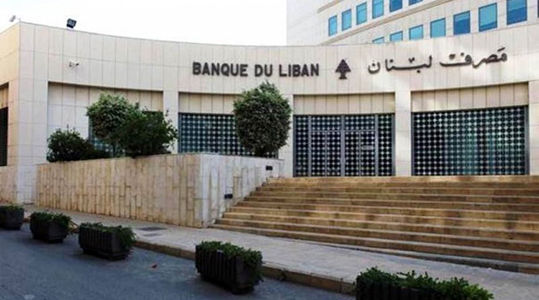The Governor of the Banque du Liban, Riad Salamé, affirmed that "raising capital is mandatory for banks, and those who will not comply will be outside the Lebanese market," considering that "about 30 percent of the money that left Lebanese banks must be returned."
Salamé explained in an interview with Sky News Arabia that "we entered into policies that helped economic and social stability in light of the crises that the country went through, and we witnessed, in less than a year, the inclusion of a bank on the list of sanctions, the suspension of the payment of "Eurobond", "Corona" and the explosion of Beirut port, and therefore precautions located in the central bank contributed to maintaining order."
Salamé revealed that the assets of the Banque du Liban had reached 19.5 billion dollars in addition to gold, pointing out that "the Central Bank continues to subsidize basic materials such as flour, fuel, etc., but at the same time the mandatory reserves will not be used for this purpose."
He also considered that "the black market does not constitute more than 4 million dollars per day in transactions," considering that "the average price of the dollar in the Lebanese market does not exceed 3500, and what happens is an abnormal situation, and we are now in a transitional stage so that we can set the unified price. He added that in case there will be a reform program, we can then return to a single rate and eliminate the disparity."
Source (Economic Bulletin Website, Edited)

